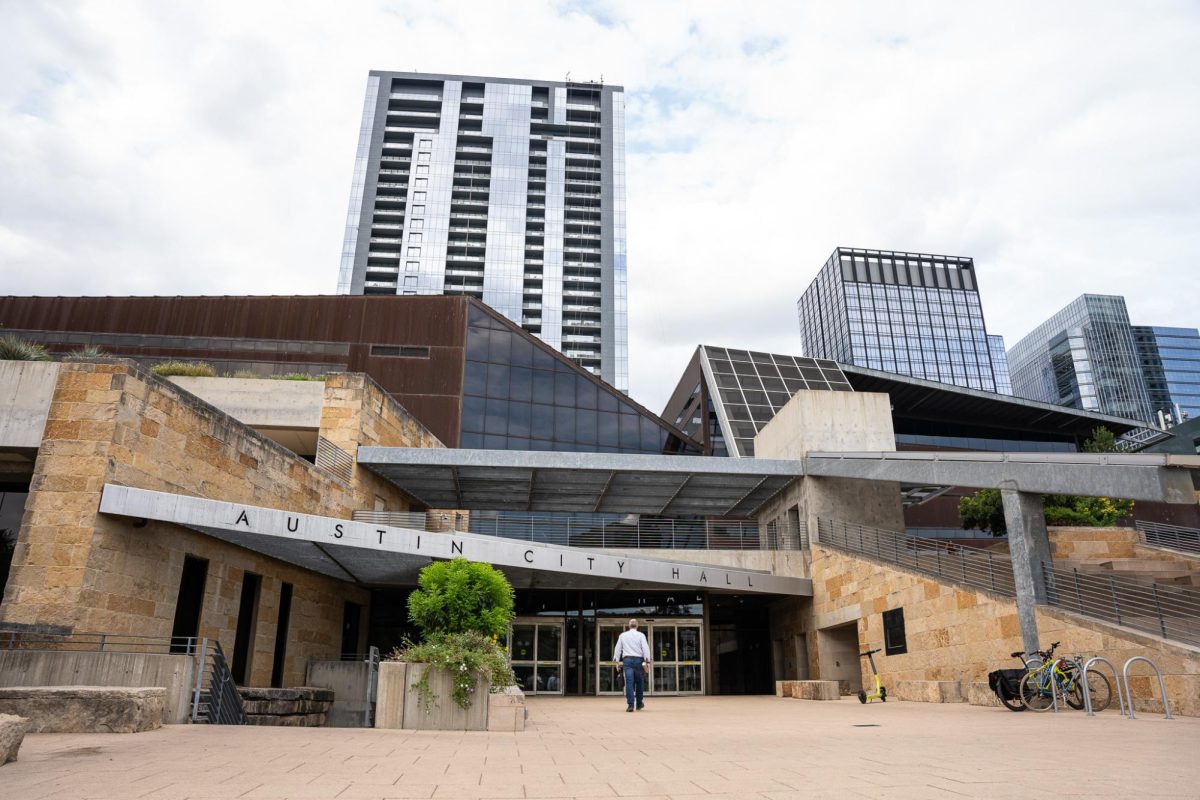UT students kept their eyes glued to their televisions and cell phones on election night, waiting for the results determining the next president of the United States. However, the race would not be called until days later, causing a nerve-racking week for some students.
Decision Desk HQ, the first major outlet to announce President-elect Joe Biden’s win against incumbent President Donald Trump, called the race Friday morning. The Associated Press called the race for Biden Saturday morning.
Associate government professor Bethany Albertson said the pandemic-driven influx of mail-in ballots caused election delays.
“(The election was) drawn out because we have a pandemic,” Albertson said. “A number of states expanded their vote by mail, so ballots are taking longer to count. At the same time, states are expanding vote by mail and early voting, you have partisans stop(ping) the counting of ballots from happening until Election Day.”
Business freshman Michael Pugh said he googled the Associated Press map for election updates more than 10 times a day while he waited for election results.
“I definitely don’t think I’ve ever looked at a map of the U.S. as much within my entire life as I did this week because I was constantly just refreshing that map trying to know what’s changing,” Pugh said.
Political communication sophomore Journey Sais said she could not complete any work on Election Day.
Sais said as a bisexual woman of color, she feels relieved about Biden’s election and is excited about potential progress for LGBTQ+ individuals, immigration and climate change. However, Sais said she thinks Democrats could have utilized better methods of outreach for Hispanic and Latinx communities.
“I was one of the people who really thought Texas was going to turn blue. I had so much hope,” Sais said. “When Texas was red, I wasn’t surprised.”
Leading into the election, pollsters including FiveThirtyEight and RealClearPolitics listed Texas as a swing state. Media outlets across the country speculated about the prospect and some Democratic politicians on the ballot hoped for a blue wave in the traditionally red state.
However, Trump defeated Biden by 6 percentage points in Texas, and Democrats failed to make significant gains in Congress or the state legislature.
Albertson said polls can provide a snapshot of what the electorate might look like, but can differ from election results. Individuals who distrust institutions, like newspapers and universities, that run polls may be less likely to respond to them and skew the results, she said.
“The lesson out of 2016 was that pollsters undercounted whites without college education, particularly in some of the key battleground states,” Albertson said. “We need time to see the data (from this election) to try and figure out what’s going on. It’s not completely clear what the miss is this time.”
Grant Rommel, UT chapter president of College Republicans, said the idea of Texas turning blue was a “pipe dream,” and he was pleased with Republican victories across Texas.
“People who don’t live in Austin or in Dallas or in Houston or in the metro areas of Texas, they really came out,” said Rommel, a journalism and economics sophomore. “They showed that Texas is not going to be a place that is open to, in my opinion, a lot of the bad ideas from the Democratic Party.”
Bennett Burke, steering committee co-chair of UT Young Democratic Socialists of America, said he was happy with many election results, specifically Travis County District Attorney-elect José Garza. Burke, a political communication and history sophomore, said Biden’s victory was bittersweet and he worries it may lead to complacency.
“The work has only just begun,” Burke said. “We need to … build mass movements and materially hold people in power accountable regardless of what party they are or how nice they are outwardly. I would encourage people to get involved in politics beyond voting.”





















